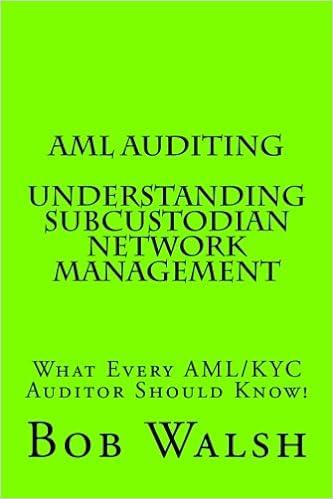Cordova, Inc., reported the following receivables in its December 31, 2020, year-end balance sheet: Current assets: Accounts receivable, net of $49,000 in allowance for uncollectible accounts Interest receivable Notes receivable $381,000 17,300 380,000 Additional information: 1. The notes receivable account consists of two notes, a $110,000 note and a $270,000 note. The $110,000 note is dated October 31, 2020, with principal and interest payable on October 31, 2021. The $270,000 note is dated March 31, 2020, with principal and 8% interest payable on March 31, 2021. 2. During 2021, sales revenue totaled $2,090,000, $1,950,000 cash was collected from customers, and $38,000 in accounts receivable were written off All sales are made on a credit basis. Bad debt expense is recorded at year-end by adjusting the allowance account to an amount equal to 9% of year-end gross accounts receivable. Required: 1. In addition to sales revenue, what revenue and expense amounts related to receivables will appear in Cordova's 2021 income statement? 2. Calculate the receivables turnover ratio for 2021. (Round your answer to 2 decimal places.) Saved Help Save & Exit Submit 1. The notes receivable account consists of two notes, a $110,000 note and a $270.000 note. The $110,000 note is dated October 31, 2020, with principal and interest payable on October 31, 2021. The $270,000 note is dated March 31, 2020, with principal and 8% interest payable on March 31, 2021. 2. During 2021, sales revenue totaled $2,090,000. $1,950,000 cash was collected from customers. and $38,000 in accounts receivable were written off. All sales are made on a credit basis. Bad debt expense is recorded at year-end by adjusting the allowance account to an amount equal to 9% of year-end gross accounts receivable. Required: 1. In addition to sales revenue, what revenue and expense amounts related to receivables will appear in Cordova's 2021 income statement? 2. Calculate the receivables turnover ratio for 2021. (Round your answer to 2 decimal places.) 1. Interest revenue Bad debt expense 2. Accounts receivable turnover ratio








